Keywords: Sydney Morning Herald
-
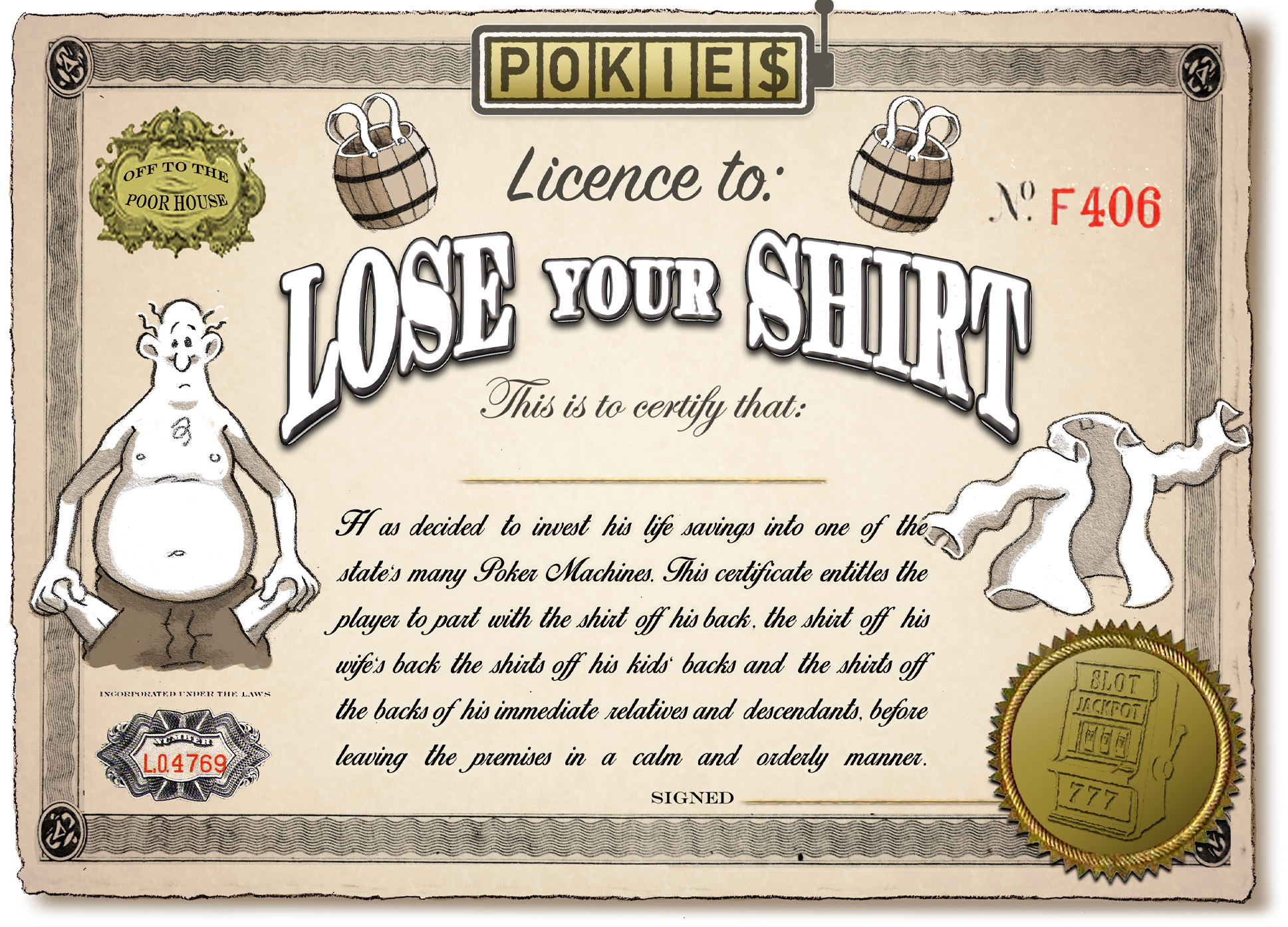
CARTOON
- Glen Le Lievre
- 17 January 2023
READ MORE
-
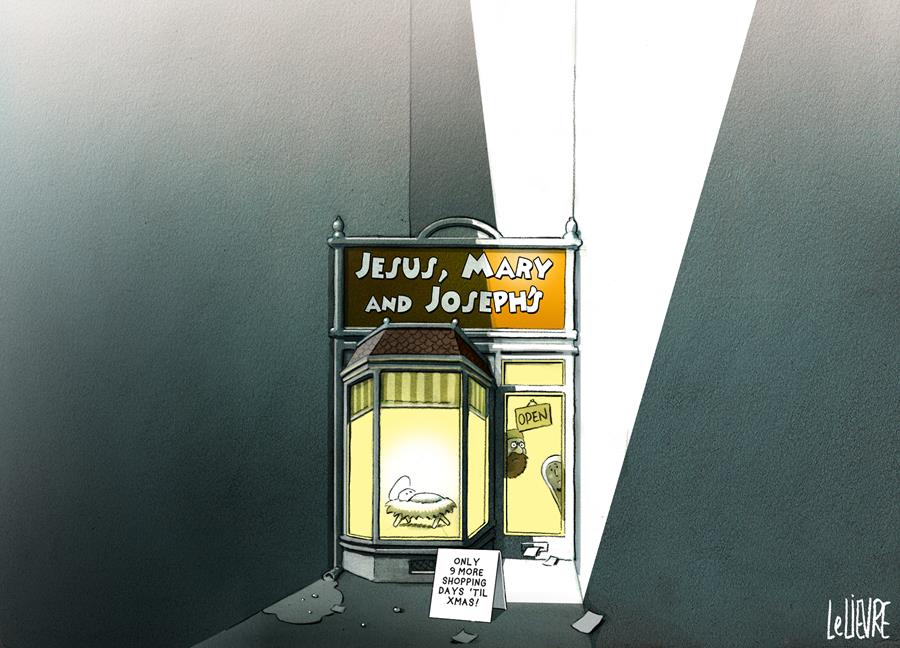
CARTOON
- Glen Le Lievre
- 19 December 2022
READ MORE 
-
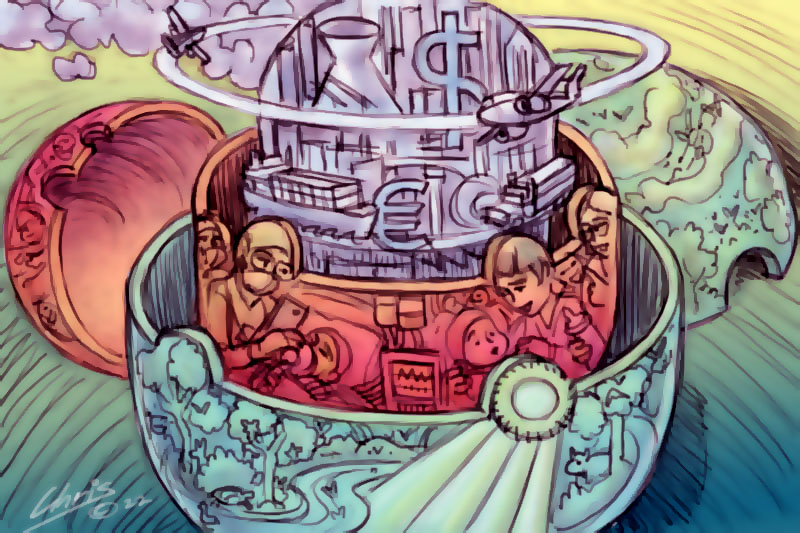
ECONOMICS
- Justine Toh
- 24 November 2022
1 Comment
When we talk about ‘the economy’, we assume there’s only one worth knowing about: the market economy. That’s why we speak about the economy and GDP in the same breath: we treat the sum of goods and services produced and sold — and the profits we hope they’ll add to the bottom line — as our measure of the health of the nation. Which would be fine if the market economy was the only one that existed.
READ MORE 
-
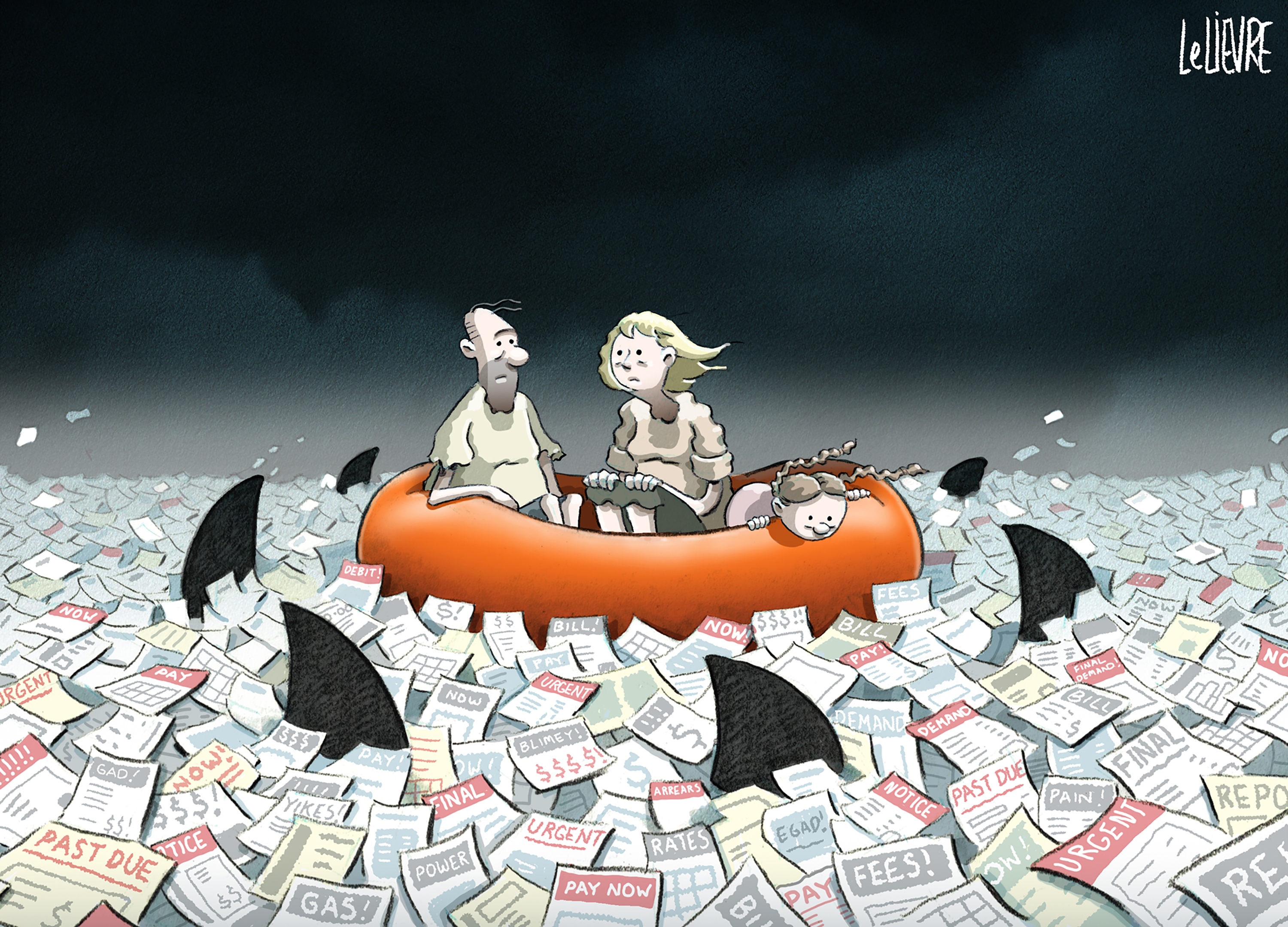
CARTOON
- Glen Le Lievre
- 16 November 2022
1 Comment
READ MORE 
-
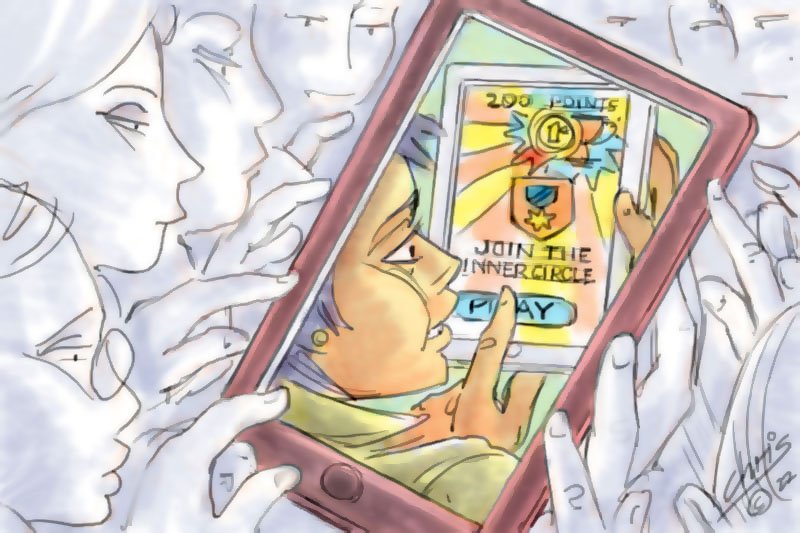
AUSTRALIA
- Cherie Gilmour
- 03 November 2022
1 Comment
Gamification affects almost all our online activities, from communicating to shopping, with gaming elements omnipresent in the form of points, avatars, badges, leader boards, and real-life rewards. Stripping activities of their intrinsic value, virtually any online activity could be transformed into a challenge to win. Yet users make the mistake of focusing on the game rewards without seeing how the game itself is subtly changing behaviour.
READ MORE 
-
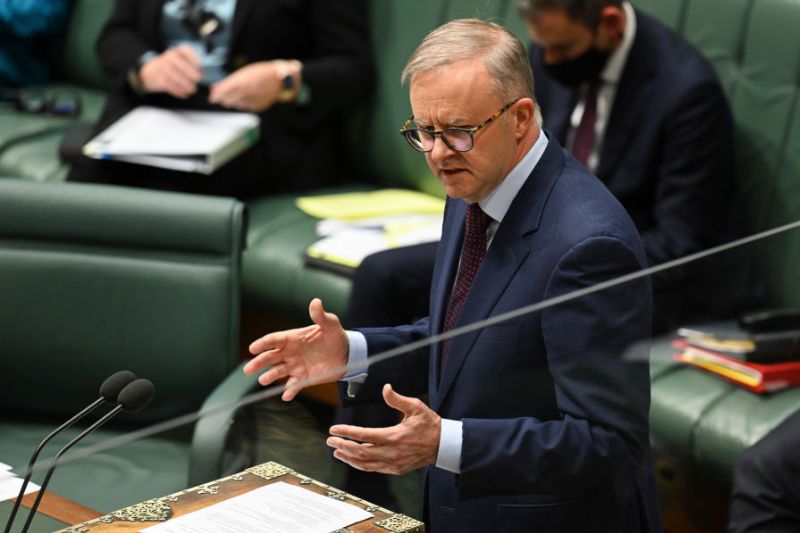
AUSTRALIA
- Frank Brennan
- 28 October 2022
6 Comments
In recent years, Australian policies in relation to asylum seekers and refugees have been unnecessarily mean, cruel and disorganised. The election of the Albanese government provides the opportunity for a reset, putting behind us the past mistakes of both Coalition and Labor Governments in the last 20 years.
READ MORE 
-
.jpg)
CARTOON
- Glen le Lievre
- 12 October 2022
1 Comment
READ MORE 
-

INTERNATIONAL
- David Halliday, Axel Bruns
- 22 September 2022
Despite our differing social and cultural beliefs, we can mostly agree that we live in highly polarised times. But what divides us? ARC Laureate Fellow Prof. Axel Bruns studies social polarisation, and in this discussion we explore the drivers of polarisation, examining the role that digital and social media and broader social and political contexts play in intensifying social conflicts, threatening economic prosperity, undermining public trust, and ultimately destabilising societies.
READ MORE 
-
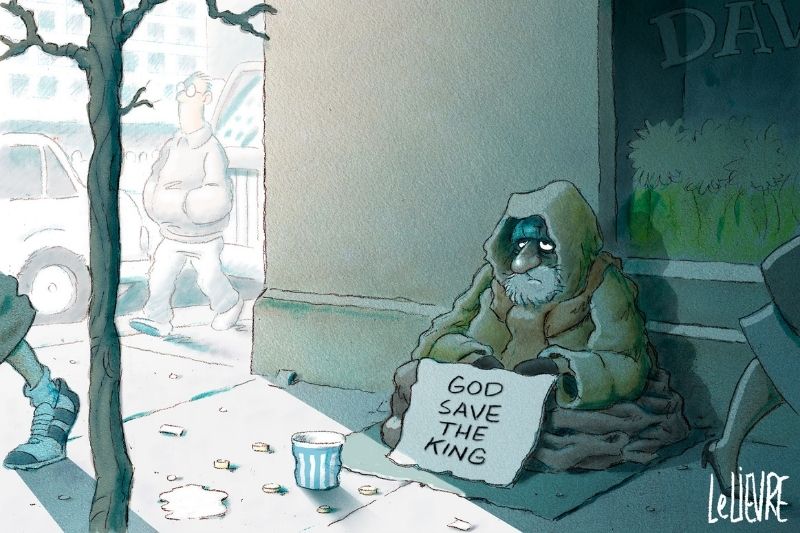
CARTOON
- Glen le Lievre
- 15 September 2022
1 Comment
READ MORE 
-
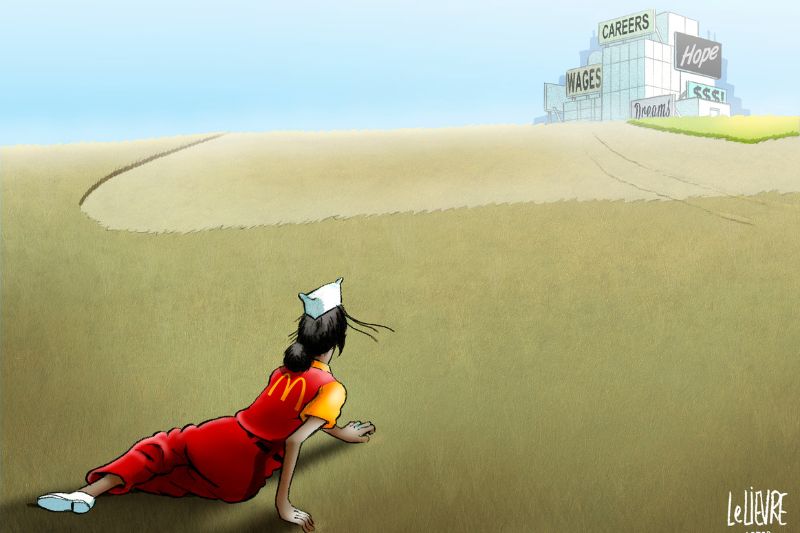
CARTOON
- Glen le Lievre
- 23 August 2022
1 Comment
READ MORE 
-
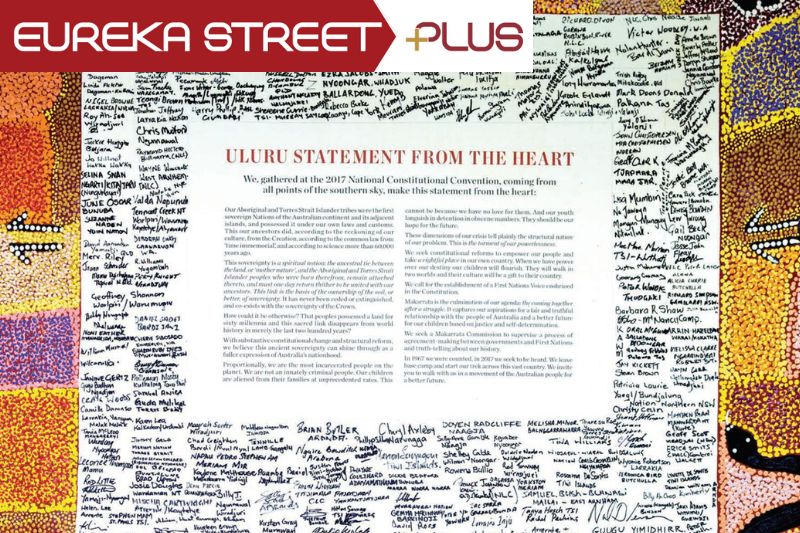
AUSTRALIA
- Frank Brennan
- 17 August 2022
2 Comments
We need to be able to do more than simply give notional assent to the Uluru Statement. We need to be able to contribute to the hard thinking and difficult discussions to be had if the overwhelming majority of our fellow Australians are to be convinced of the need for a Voice in the Constitution.
READ MORE 
-
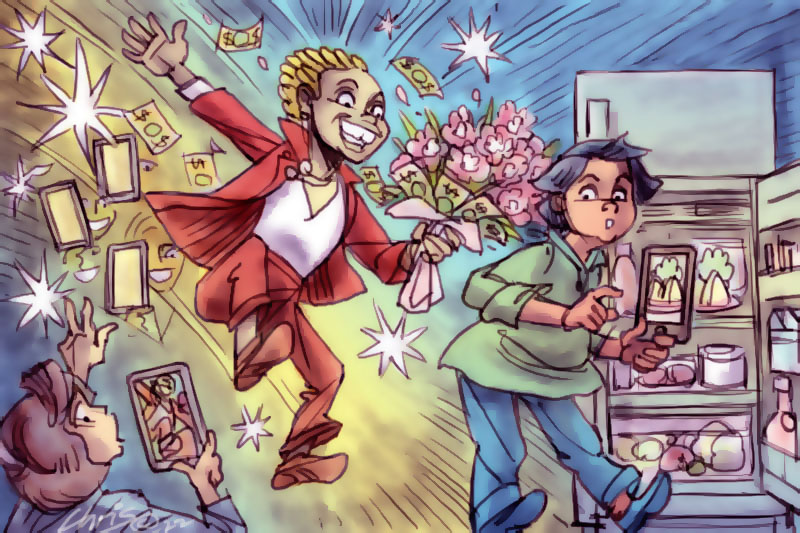
ARTS AND CULTURE
- Cherie Gilmour
- 02 August 2022
6 Comments
We all know the Internet can be a seething cesspool of vitriol, so the presence of heart-warming videos of people slipping $20 into someone’s coat pocket or randomly complimenting a stranger, even the ubiquitous handing out of flowers, is largely welcome. But is this actually kindness? If an act of kindness happens and no one is there to film it, did it really happen?
READ MORE